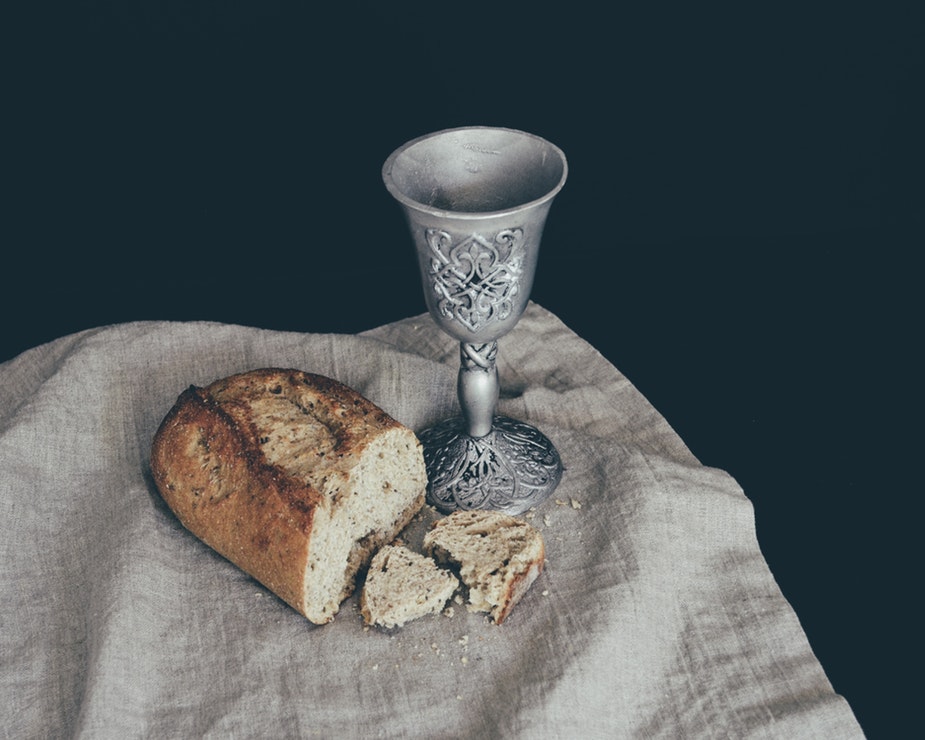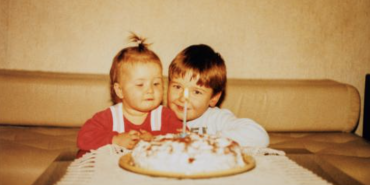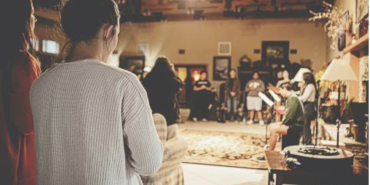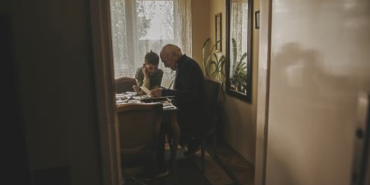Community and Communion

On November 6, 2012, millions of Americans cast their votes for those they believed should serve as the next leaders of the U.S. That evening, many sat glued to their screens, participating in what has become a national ritual. Closely watching the results, people celebrated victories and lamented defeats. This scene is repeated around the world during national elections.
As the nation was swept up in election-day frenzy, thousands of Christians were quietly gathering across the country to observe an entirely different ritual. On that Tuesday night, my congregation, as well as 900 others, chose to participate in a grass-roots ecumenical movement called “Election Day Communion.”
The centerpiece of these gatherings was not a ballot box, but the table of the Lord. The central figure was not a political candidate, but a carpenter from Nazareth. As we gathered, we heard the words of Jesus, prayed for the nation, our world and its leaders, and then shared the bread and the cup as a sign of our unity in Christ. No one stood at the door checking our political persuasion. We simply shared the invitation to come and seek Christ together.
Understand that this gathering was not intended to be an isolationist protest, a means of retreat from the affairs of “the world.” Nor was it meant to ignore the very real disagreements that Christians have over important issues.
Rather, it was a symbolic and sacramental gesture, a hopeful alternative to the kind of ugly, divisive spirit that had come to mark public discourse.
Organizers started the initiative because they were troubled at seeing disciples of Jesus cursing fellow brothers and sisters who have been made in the image of God (James 3:9). People who passed the peace on Sunday were at each other’s throats on Monday, buying into the lie that if we disagree with one another, we can no longer share fellowship of any kind.
This is not a strictly Western phenomenon nor is it limited to politics. This kind of divisiveness is seen on any number of issues, whether the conversation is face-to-face or online. And unfortunately, it’s too common in the church.
But it is why Communion is an essential element of Christian worship that is to be rehearsed again and again among the people of God. It reorients our perspective. It challenges our allegiances. It offers us a different way.
When we share at the table of the Lord, we are called back to the way of Jesus.
At the table, Christ took, blessed, broke, and gave.
At the table, Jesus welcomed tax collectors and zealots.
At the table, Christ washed feet and charged his disciples to serve as he had served.
When we come to the table, we receive the grace we so desperately need. We lay aside our need to jockey our way into positions of power (Mark 10:37). We are reminded to give our lives away as Christ has given his. We confess our brokenness and look into one another’s eyes to see that we are the Body of Christ. It’s only when we give and receive grace together in humility, that his broken Body can be re-membered, forming as one member in Christ.
My prayer for the church is that in our passion to share our opinions with each other, we will not lose sight of the commandment Jesus made crystal clear: “Love one another.”
Will we disagree? Sure.
Will we debate? Yes.
Will we always agree? Probably not.
But can we still love and respect one another as fellow members of Christ’s precious Body? By God’s grace and the Spirit’s help, we can. As the communion liturgy from our Manual reminds us: “Let us not forget that we are one, at one table with the Lord.”
Jason Veach serves as founding pastor of Eden Community Church of the Nazarene in Portland, Oregon (edenpdx.org)
Note: Listen to the NPR audio piece with Jason where he shares about this concept. http://www.npr.org/templates/story/story.php?storyId=164303834
Please note: All facts, figures, and titles were accurate to the best of our knowledge at the time of original publication but may have since changed.




